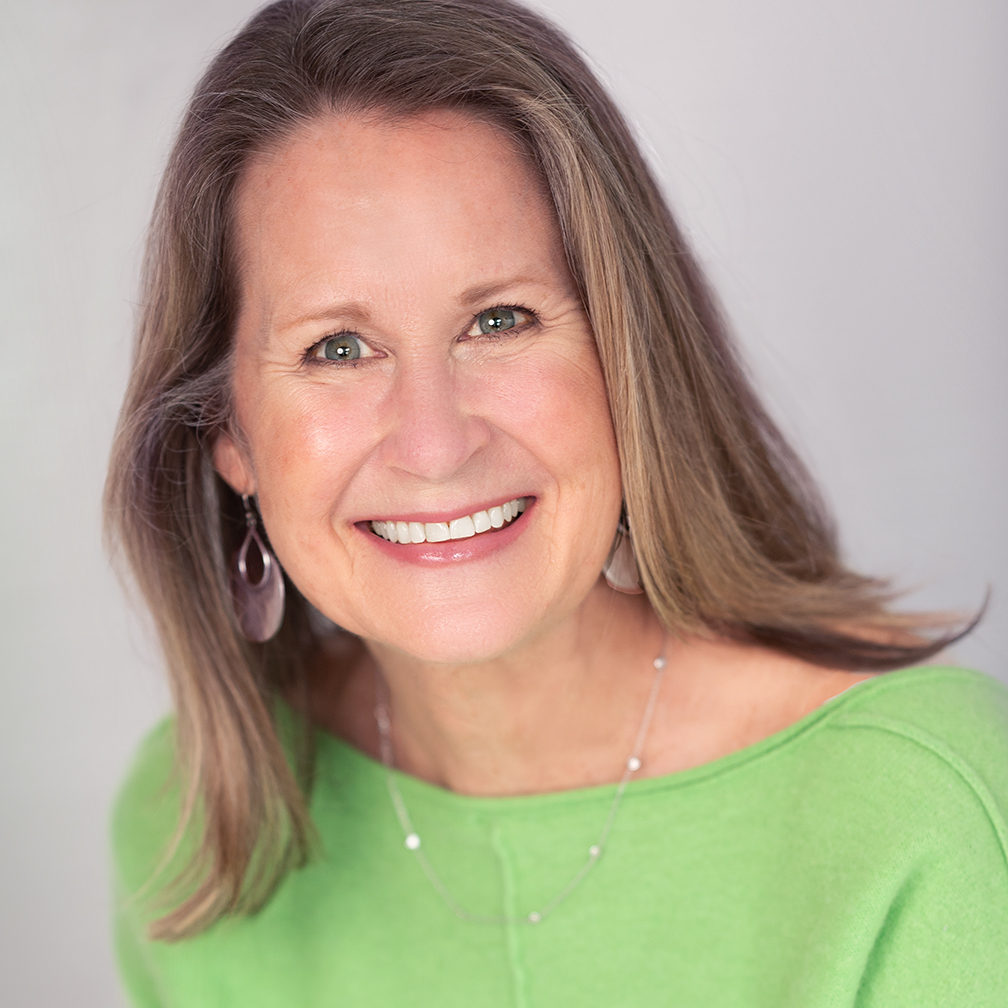The US has seen a sharp uptick in loneliness in recent years, so much so that last May, Surgeon General Dr. Vivek Murthy declared loneliness and social isolation a national healthcare crisis, on par with smoking, heart disease and cancer. Even before the pandemic, approximately 50% of the adults in the US were experiencing measurable levels of loneliness and isolation.
“How’s THAT even possible?” a friend asked me as we chatted about this recently. She went on to say how she felt more connected to her friends and family than ever before.
She told me that social media has allowed her to reconnect with old schoolmates she’d long forgotten existed. She knows who’s divorced or lost their hair, how many kids they have or if they own a labradoodle. She knows their political leanings and who has a good sense of humor. She regularly envies the ones who have stayed fit, own a beachfront vacation home or travel the world. She feels sad and writes her condolences with all their other friends when someone has lost a parent or a child or a job. “I am very connected to my community,” she assured me.
Is she, though? This conversation reminded me of a crucial distinction Brene Brown once made. What my friend is describing is communication, not connection.
Social media platforms are communication platforms. They are not connecting platforms. Brown stressed how important it is to remember this. Relationships are the only anecdote to combat loneliness, chronic instability and the uncertainty — even anxiety — many of us experience.
Dr. Murthy points out a number of societal changes that have led to increased loneliness. Community activities like supper clubs, roller rinks, bowling alleys and church gatherings have declined, reducing chances for social interaction. We are more mobile. People often move away from their hometowns, away from family and old friends. More people are living alone, especially as our population ages.
Technology makes it easier to connect but often replaces in-person contact with less meaningful interactions. Even the increase in self-service kiosks and checkouts at stores cuts down on small talk with strangers, which can help with feeling connected. The shift to remote work and Zoom calls means we might be seeing our colleagues less, leading to fewer opportunities for socializing.
All of this adds up to a nation of isolated and lonely people.
In a podcast conversation between Simon Sinek and Charlene Tosi, Sinek mentioned research that found when someone is struggling or in need, all they need is eight minutes from a friend to hold space with them to make them feel better.
That’s it: just eight minutes — the time it takes to cook spaghetti al-dente!
Sinek said a good friend of his now uses the codeword “8 minutes” when she really needs to talk to him. And he knows to listen.
What might your life or work look like if you asked for eight minutes (or paused to give this time) to truly connect in a meaningful way? Might it help shift us out of the downward spiral of loneliness and isolation in our country?


